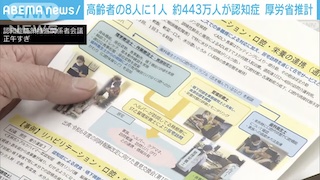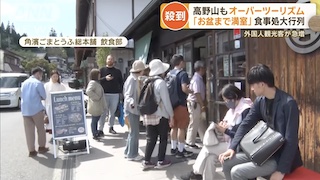Jan 25 (Japan Times) - To encourage more customers to go digital, Japan’s largest bank is offering depositors who give up their paper bankbooks a ¥1,000 reward.
In a campaign that kicked off Friday, MUFG Bank will pay 100,000 customers ¥1,000 if they go fully digital. The ¥100 million reward campaign, which will run through March 15, will be operated on a first-come-first-served basis.
Younger generations are more familiar with online banking, while many elderly people are still accustomed to using the physical passbooks to monitor their accounts. On top of encouraging use of online banking, another motive behind the move is to reduce the costs associated with servicing paper bankbooks. According to the lender, it has to shoulder a nearly ¥200 annual stamp duty for each passbook account.
MUFG Bank has 34 million individual customers, many of whom use the paper bankbooks, meaning the stamp tax adds up to billions of yen each year. There are other costs as well, such as for the ink used to record transactions at ATMs, an MUFG Bank spokesman explained.








